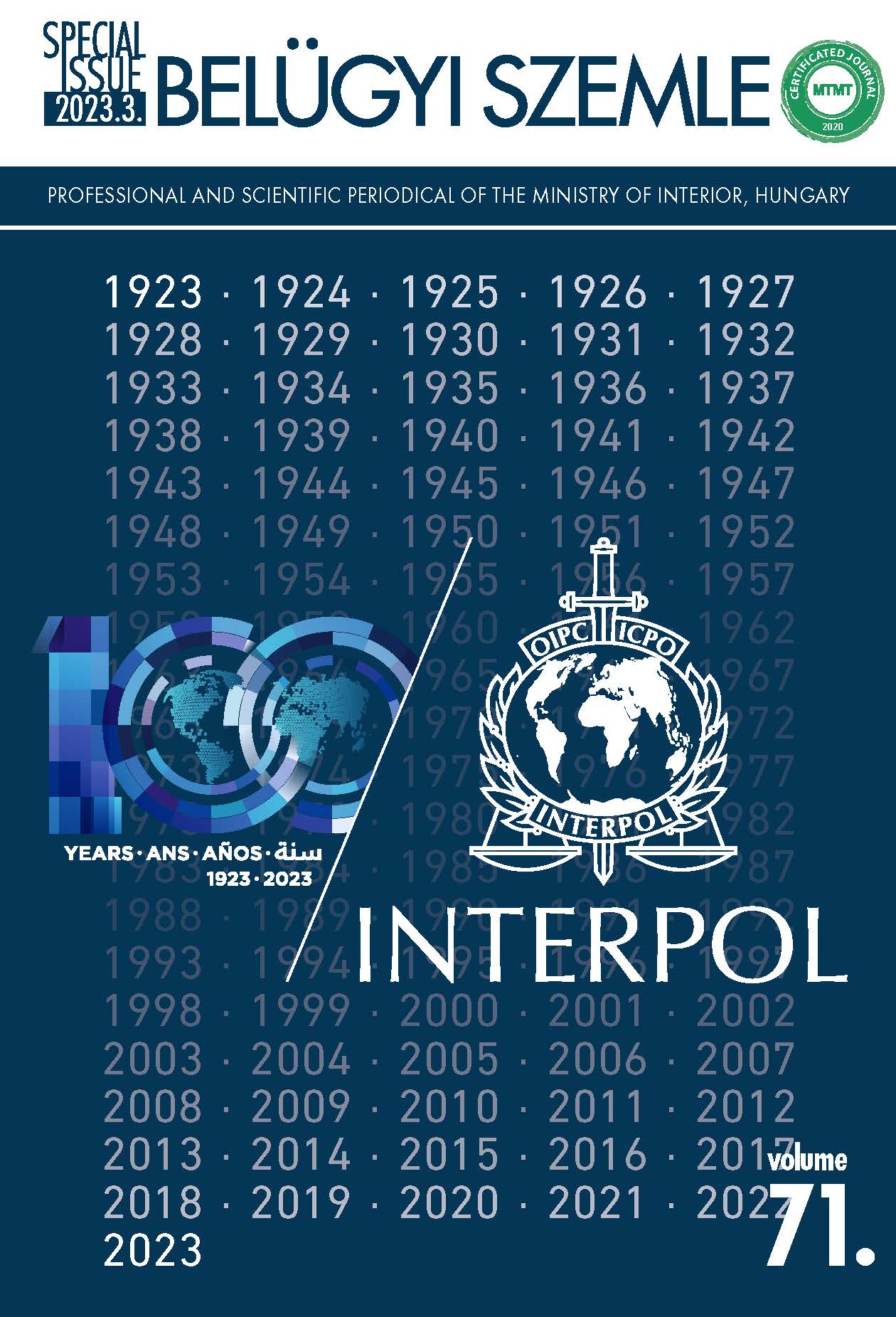Abstract
Aim: This article presents the 1st international judicial police congress, which was held in Monaco, from 14 to 18 April 1914, as well as its outcome, and recalls the commemoration of its centenary at the 83rd session of the INTERPOL General Assembly, held in Monaco from 3 to 7 November 2014.
Methodology: Documents from Monegasque archives were used for the writing of this article. Some of them are published here.
Findings: From the beginning of the 20th century, the Principality of Monaco, under the leadership of a visionary Head of State, His Serene Highness Prince Albert I, was strongly involved in the implementation of instruments aimed at establishing international cooperation between the judicial police departments of different countries and improve exchanges in criminal matters, to facilitate the search and arrest of criminals. To this end, Monaco organised in 1914 the first congress that brought together police officers and lawyers, who were tasked with developing proposals to meet these new needs and put representatives from around twenty countries in direct contact with each other. The outbreak of the First World War, however, interrupted the continuation of the process of strengthening international exchanges initiated on this occasion, which should have led to a second stage planned in 1916 and eventually did not resume until 1923.
Value: 2023 is the year of the Centenary of the creation of the International Criminal Police Commission, which became the International Criminal Police Organization – INTERPOL. From a historical point of view, it is interesting to look at the beginnings of the founding of an international institution specialized in the field of fight against crime and to recall that this construction is the result of a more ancient reflection initiated at the beginning of the 20th century, which first materialised through an initiative in Monaco in 1914 (commemorated in 2014, also in Monaco). The resolutions that were adopted by the experts of the time, gathered at the invitation of the Principality, and are presented in this contribution underline the precision of the issues they had identified, as well as the relevance of the proposed solutions, some of those still being valid today.
